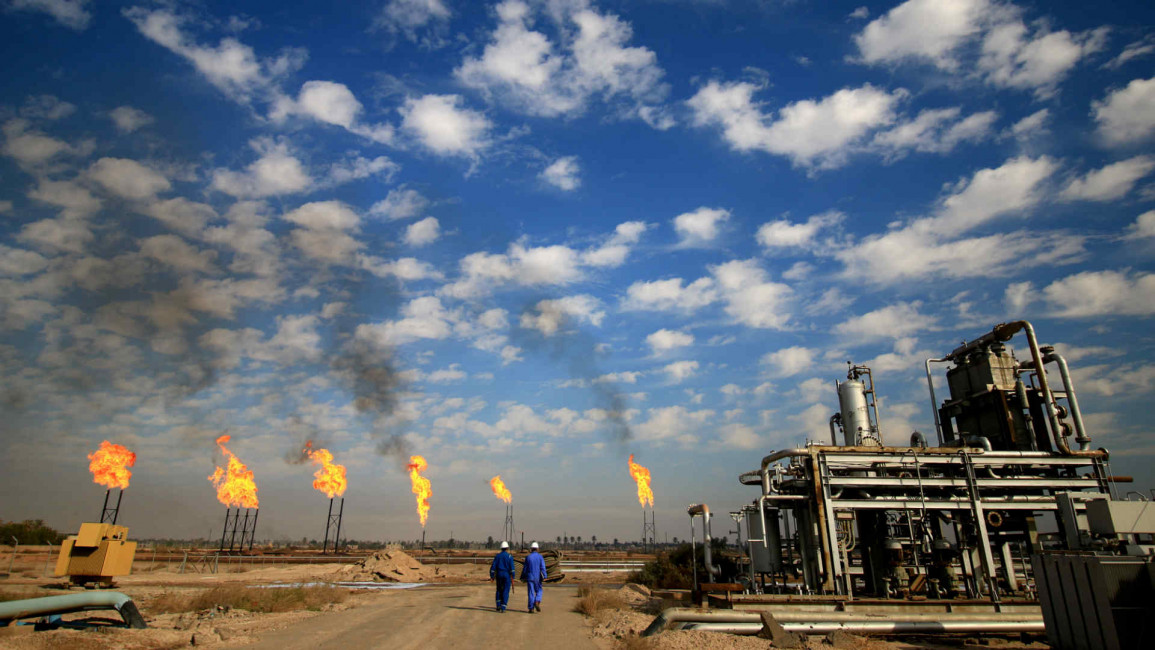Oil prices peak at highest level since 2015
Oil prices peak at highest level since 2015
Oil prices are continuing to reach peaks not seen since 2015, despite some warnings of an overheated market.
2 min read
The oil market appears to be strengthening into the new year
Oil prices hit their highest peak since 2015 on Wednesday, due principally to OPEC's curb in production. However, experts warned of an overheated market.
Brent Crude Oil, the international benchmark for oil prices, ended trading on Tuesday on a high of $68.82 per barrel, after hitting a daytime spike of $69.08, the highest since an intra-day peak in May 2015. Tuesday's close was the strongest since December 2014, amid speculation that prices could hit $80 per barrel in the next year.
Price hikes are in the most part due to a a policy of limited production headed by the Organisation of the Petroleum Exporting Countries (OPEC) and Russia, which has been extended for the duration of 2018.
The pick-up in prices come as good news to major oil producing economies, such as Saudi Arabia, who have been suffering from a three-year price slump which has driven up deficit.
In the oil-rich kingdom, value-added tax and austerity measures have been implemented for the first time ever, leading to a wide-ranging backlash.
Earlier this month, 11 Saudi princes were arrested for protesting such measures, which included a halt in paying royal family members' utility bills.
Brent Crude Oil, the international benchmark for oil prices, ended trading on Tuesday on a high of $68.82 per barrel, after hitting a daytime spike of $69.08, the highest since an intra-day peak in May 2015. Tuesday's close was the strongest since December 2014, amid speculation that prices could hit $80 per barrel in the next year.
Price hikes are in the most part due to a a policy of limited production headed by the Organisation of the Petroleum Exporting Countries (OPEC) and Russia, which has been extended for the duration of 2018.
The pick-up in prices come as good news to major oil producing economies, such as Saudi Arabia, who have been suffering from a three-year price slump which has driven up deficit.
In the oil-rich kingdom, value-added tax and austerity measures have been implemented for the first time ever, leading to a wide-ranging backlash.
Earlier this month, 11 Saudi princes were arrested for protesting such measures, which included a halt in paying royal family members' utility bills.
However the Saudi leadership is still drawing substantially on its foreign currency reserves, in order to make newly-introduced government welfare payouts to the tune of $13.3 billion.
Foreign cash reserves are also under strain from the implementation of Mohammed bin Salman's Vision 2030 programme of reforms. However time will tell whether oil the oil price rises will be enough to salvage the dwindling economic situation.
Agencies contributed to this report.
Foreign cash reserves are also under strain from the implementation of Mohammed bin Salman's Vision 2030 programme of reforms. However time will tell whether oil the oil price rises will be enough to salvage the dwindling economic situation.
Agencies contributed to this report.



